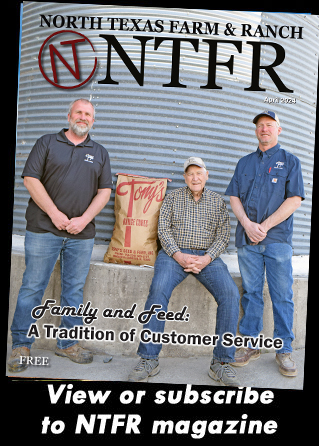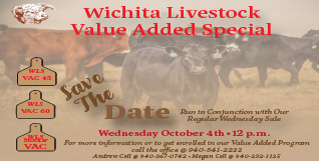Farm & Ranch
What to expect when your cow’s expecting
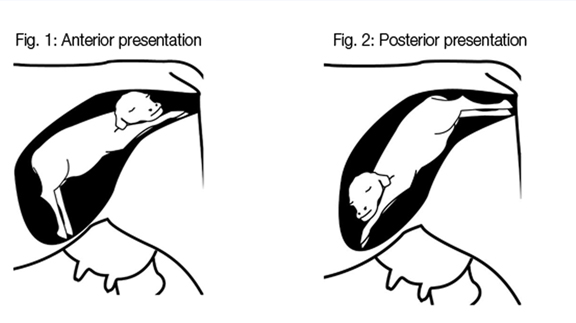
By Jessica Crabtree and Dr. Jered Harlan
As a cattle producer, your ultimate goal is bred cows, successful pregnancies and deliveries with weaned calves at the end with little to no problem at each stage. That is in a perfect world. Reality is, problems can occur before pregnancy, during the pregnancy and after the pregnancy. The majority of these issues come on rapidly and require rapid treatment. Fortunately, if tended to early, little to no permanent damage on subsequent breeding occur.
Pre-calving problems range from vaginal/rectal prolapse to ketosis/pregnancy toxemia. Prolapse occurs when the tissue around the birth canal becomes relaxed as the cow begins the last third of gestation. Due to increased pressure in the abdominal cavity, the vagina or rectum will protrude. If that tissue is trapped outside the birth canal, it will swell and become infected. The bladder may also become trapped, making it impossible for the cow to urinate. This is more common in older cows or even first-calf heifers. To read more pick up the January 2016 issue of NTFR. 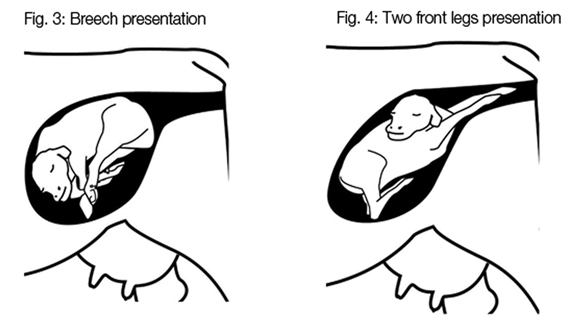
Abnormal calving positions. (Courtesy photos)
Farm & Ranch
Ag Elsewhere: Wyoming
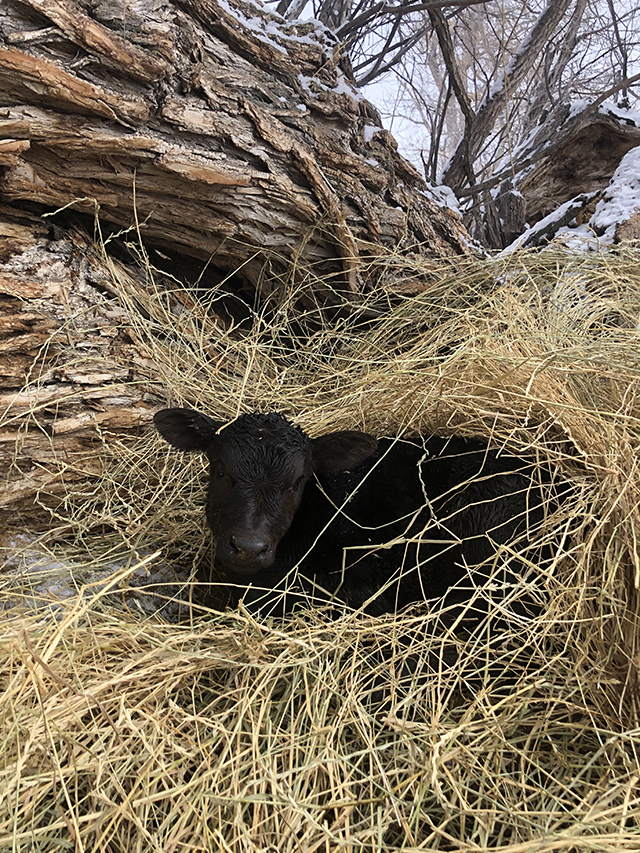
By Tressa Lawrence
Babies are tucked away in every nook and cranny. Many ranchers across Wyoming have baby animals popping up all over this time of year.
Farm & Ranch
Ag Elsewhere: Montana
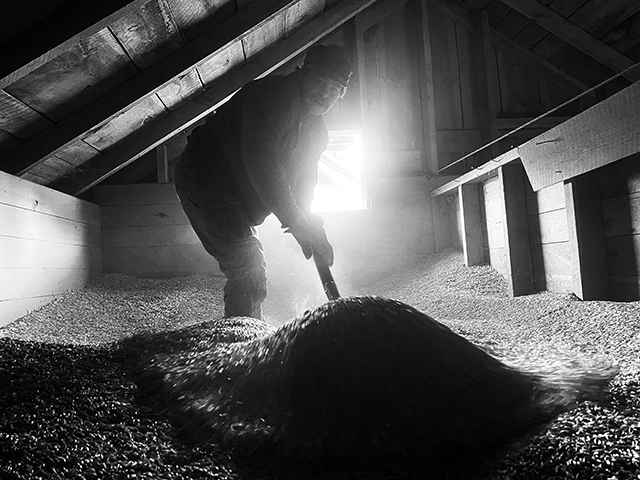
By Lindsey Monk
Another load of grain in to keep feeding the calves until the green grass can really start popping.
Farm & Ranch
Meanwhile, Back at the Ranch….
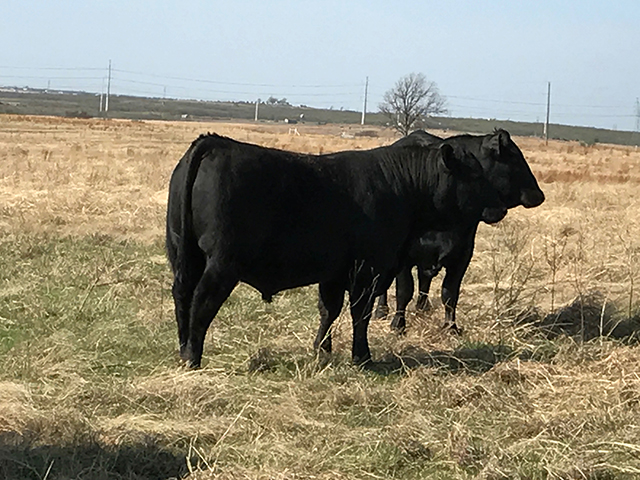
By Rayford Pullen | [email protected]
Spring has sprung and hopefully the rains will continue where our country will heal from the previous droughts and our grasses will thrive. We are especially hopeful for the Panhandle of Texas where our neighbors and friends have been dealt a deadly blow to homes, ranges, livestock, and people. Keep them in your prayers as they will not be able to return to normal for many years if at all. Having lost their ability to benefit from this great cattle market is a double whammy for all of them.
Now is the time of year when we need to take care of business as it relates to our new calves that have been hitting the ground this spring. First and foremost is vaccinating for Blackleg followed by deworming with a white wormer and the IBR complex. Blackleg is a soil-born disease and with pastures extremely short this spring our calves have been grazing the green grass as soon as it shows itself, making them even more vulnerable to picking contaminates from the soil.
To read more, pick up a copy of the April issue of NTFR magazine. To subscribe by mail, call 940-872-5922.
-

 Country Lifestyles1 year ago
Country Lifestyles1 year agoScott & Stacey Schumacher: A Growth Mindset
-

 Equine7 months ago
Equine7 months agoThe Will to Win
-

 Country Lifestyles7 years ago
Country Lifestyles7 years agoStyle Your Profile – What your style cowboy hat says about you and new trends in 2017
-

 Country Lifestyles4 years ago
Country Lifestyles4 years agoAmber Crawford, Breakaway Roper
-

 HOME7 years ago
HOME7 years agoGrazing North Texas – Wilman Lovegrass
-

 Country Lifestyles7 years ago
Country Lifestyles7 years agoDecember 2016 Profile, Rusty Riddle – The Riddle Way
-

 Country Lifestyles8 years ago
Country Lifestyles8 years agoJune 2016 Profile – The man behind the mic: Bob Tallman
-
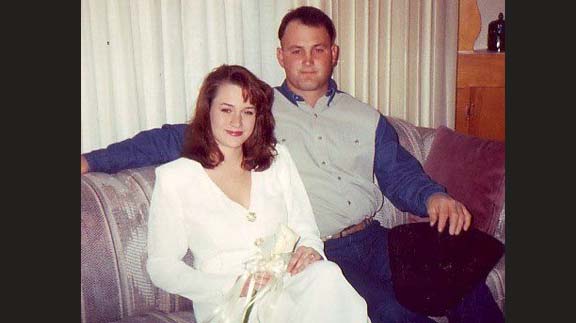
 Country Lifestyles8 years ago
Country Lifestyles8 years agoCowboy Culture with Clay Reid – Being a Man

